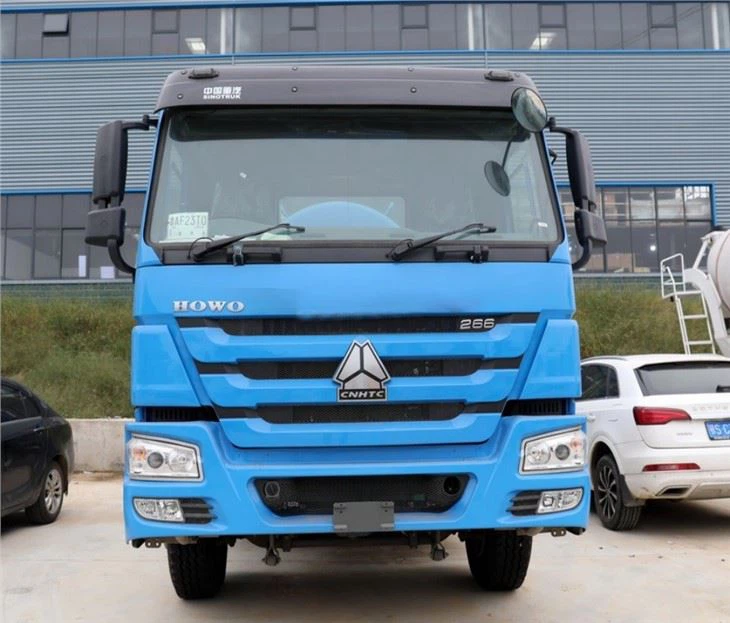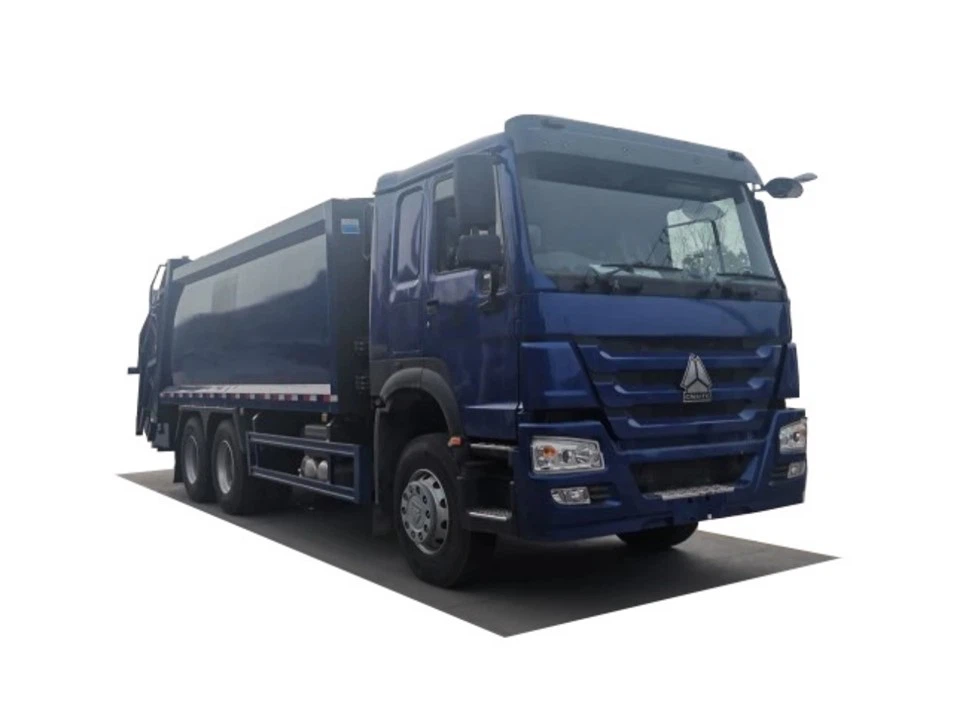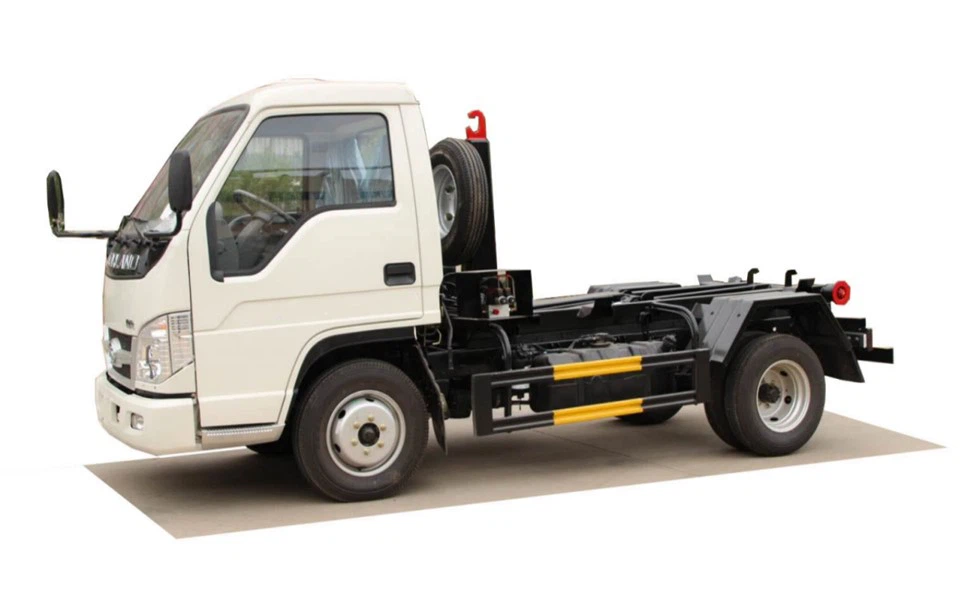Ultimate Guide to Truck Sprinklers: Everything You Need to Know

Truck sprinklers are essential tools for efficient irrigation and water management in various agricultural and landscaping operations. This article explores everything you need to know about truck sprinklers, from types and benefits to installation and maintenance tips.
Understanding Truck Sprinklers
What is a Truck Sprinkler?
A truck sprinkler is a portable irrigation system mounted on a truck or trailer, designed to provide efficient water distribution over large areas. These systems are ideal for farmers, landscapers, and municipalities looking to enhance their irrigation methods.
How Does a Truck Sprinkler Work?
Truck sprinklers typically consist of a water source connected to a pump and a series of hoses and nozzles. As water is pumped from the truck’s tank, it is distributed through the nozzles, creating an even spray over the desired area. The movement of the truck allows for quick repositioning and coverage of different zones.
Types of Truck Sprinklers
1. Conventional Sprinklers
Conventional truck sprinklers use a combination of fixed and rotating nozzles. They are commonly utilized in farming operations for crops and can easily cover large fields.
2. Traveling Sprinklers
Traveling or gear-driven sprinklers move along a hose, gradually covering the area. They are effective for irrigation in larger plots, allowing remote control of water distribution.

3. Impact Sprinklers
Impact sprinklers produce a rotating stream of water and are known for their durability. They work well in both agricultural and residential settings, providing adjustable coverage areas.
4. Sprinkler Systems with Drip Irrigation
Some truck sprinklers are equipped with drip irrigation systems that deliver water directly to the plants’ roots. This method is water-efficient and reduces evaporation, making it suitable for sensitive crops.
Benefits of Using Truck Sprinklers
Water Efficiency
Truck sprinklers can minimize water wastage by controlling the spray pattern and amount of water distributed, ensuring that areas receive the required moisture without overwatering.
Time-Saving

With their mobility, truck sprinklers can cover vast areas quickly, reducing the time spent on manual watering. This feature is particularly useful during peak irrigation periods.
Versatility
Truck sprinklers can be used in various applications, from agricultural fields to parks and golf courses. Their functionality allows for flexible irrigation strategies depending on the specific needs.
Cost-Effectiveness
Although initial investment costs may be significant, truck sprinklers can save money in the long run by reducing water bills and labor costs associated with traditional irrigation methods.
Choosing the Right Truck Sprinkler for Your Needs
Assessing Your Water Needs
Determine the size of the area you need to irrigate and the water requirements for your plants. Consider factors such as soil type, climate, and plant species when assessing needs.
Evaluating Pressure and Flow Rate
It’s crucial to choose a truck sprinkler with an appropriate flow rate and pressure. A system that matches your water supply will enhance efficiency and performance.
Considering Mobility Features
Look for features that enhance mobility, such as rugged wheels and a lightweight design. This makes maneuvering easier on various terrains.
Exploring Additional Features
Some truck sprinklers come with features like remote control, programmable timers, and integrated sensors. Evaluate these options based on how they might benefit your specific irrigation practices.
Installation and Setup of Truck Sprinklers
Step 1: Selecting the Location
Choose an accessible area that provides a flat surface for the truck sprinkler. Ensure that it’s positioned close to a water source.
Step 2: Connecting the Water Source
Connect the truck sprinkler to your water source, typically a water tank or the municipal water supply. Ensure secure connections to avoid leaks.
Step 3: Setting Up the Pump
Install the pump according to the manufacturer’s instructions. It is critical to set it up correctly to ensure optimal water pressure and distribution.
Step 4: Testing the System
Before full-scale use, test the system to check for leaks and ensure that the water coverage is adequate. Adjust the nozzle settings as necessary.
Maintenance Tips for Truck Sprinklers
Regular Cleaning
Clean the nozzles and hoses regularly to prevent clogs caused by dirt and sediment buildup. Regular maintenance will ensure optimal performance.
Checking for Leaks
Inspect the entire system for leaks, especially around fittings and connections. Addressing leaks promptly prevents water wastage and reduces costs.
Winterization
For regions with freezing temperatures, winterize your truck sprinkler by draining the hoses and nozzles to prevent damage and ensure longevity.
Practical Examples of Truck Sprinkler Uses
Agricultural Applications
Farmers can use truck sprinklers for large-scale crop irrigation, ensuring that all plants receive adequate moisture, particularly during dry spells.
Landscaping and Parks
Landscapers utilize truck sprinklers to maintain green spaces, ensuring healthy lawns and plants in public parks, golf courses, and residential areas.
Emergency Water Supply
In emergencies such as wildfires or droughts, truck sprinklers can provide immediate water supply to critical areas, protecting valuable natural resources.

Truck Sprinkler Cost Considerations
Initial Investment
The cost of purchasing a truck sprinkler can vary widely based on the type and features. Conventional systems may range from $1,000 to $5,000, while more advanced models could rise significantly in price.
Operating Costs
Consider water bills, fuel for the truck, and maintenance costs in your budget. Efficient systems can lead to lower operational costs over time.
Financing Options
Many manufacturers offer financing plans, grants, or subsidies for purchasing efficient irrigation systems. Research local programs to help offset costs.
FAQ Section
1. What is the average lifespan of a truck sprinkler system?
A well-maintained truck sprinkler system can last anywhere from 10 to 20 years, depending on usage and conditions.
2. Can truck sprinklers be used for residential gardens?
Yes, truck sprinklers can be scaled down for residential gardens, providing an efficient way to water larger properties without manual labor.
3. How often should I water with a truck sprinkler?
This depends on the plant species and weather conditions. Generally, deep watering once or twice a week is sufficient for most crops and landscapes.
4. Are truck sprinklers environmentally friendly?
Yes, when used properly, truck sprinklers can be more efficient than traditional methods, reducing water waste and energy consumption.
5. Can I use a truck sprinkler for different types of plants?
Yes, truck sprinklers can be adjusted to cater to various plant types by changing the nozzle settings and spray patterns.
6. What maintenance does a truck sprinkler require?
Regular cleaning, checking for leaks, and winterization are essential for maintaining functionality and prolonging the life of a truck sprinkler system.
